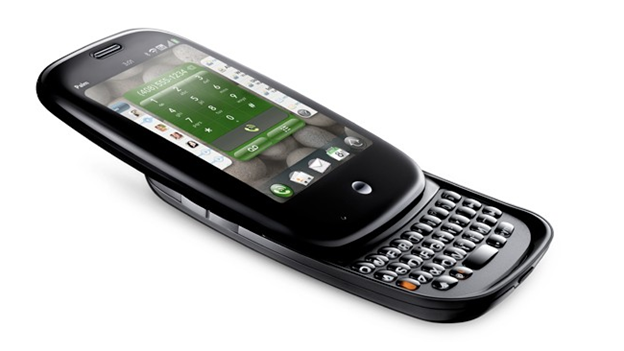What Must a Company do to make a Successful Smartphone?
January 7, 2012 in Daily Bulletin

WebOS, the smartphone operating system currently owned by HP and developed by the now defunct Palm, has a fascinating history that involves more twists and turns than a Dan Brown novel. You can review some of the history here. Michael Mace on his blog MobileOpportunity took a look at why WebOS ultimately failed. He outlines a two-step argument.
1) New operating systems always suck.
Operating systems are incredibly complex and always require the software engineers working on them to make several compromises to ensure that the software can ship on time. He notes that: “every new operating system, without exception, is an embarrassing set of compromises that frustrates its creators and does not deliver on the full promise of its vision. ” He points to the original Macintoshes inability to create word processing documents longer than 10 pages as an example of this.
And so the operating systems that succeed are those that survive long enough to be fixed.
2) The way to ensure that your software survives is to have deep pockets and compelling features. WebOS had neither of these things.
Because the first version of your software will be a disappointment you must have the financial capability to slowly refine your product over time until it realizes its full potential. It helps if your software can do something that no other software can because that will guarantee customer loyalty as the software is upgraded. As an example he notes that the original iPhone had various flaws but it succeeded because it did something that no other smartphone could do: make web browsing work well on a phone. WebOS failed on both counts.
The two companies aiming to rebrand themselves and overthrow the dominance of iPhone and Android are Nokia’s Windows Phone and RIM’s BlackBerry. Looking ahead he asks two questions of any company that wants to create a new smartphone platform. Does it have the deep pockets necessary to refine the product over time? And does it have killer features that make it a product worth getting? Only Nokia seems to be able to answer ‘yes’ to the first question and neither Nokia nor RIM have begun to address the second.
To read more about what Mace thinks went wrong for HP, click here.
Source: MobileOpportunity
Join the Discussion! (No Signup Required)